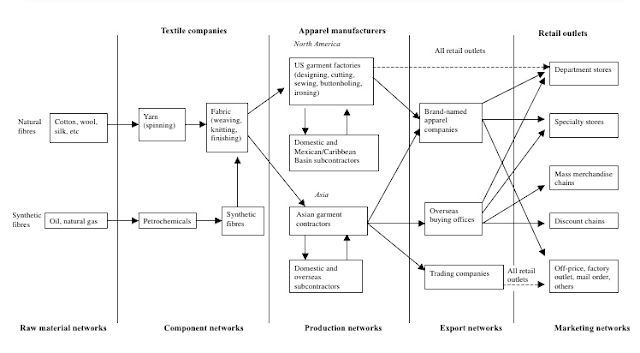I’ve been struggling with conviction over the things that I buy. Almost everything that we purchase in the USA originates in another country. Just because it’s in another country, doesn’t necessarily mean it’s been in the hands of a slave or person undergoing unfair treatment (Definition: A person or child who is forced to work and/or paid less than what is required by government regulations in any particular country). However, after paying close attention for only a few “pre-purchases”, I am convinced that there is absolutely no way that I can entirely avoid slave labor. This hurts my heart.
Let me give you an example of what I mean. Obviously, if you buy an item from Walmart, it’s supplier is more than likely a human suffering factory environment. That’s easy. Avoid Walmart.
But here’s an un-obvious: Meijer. They claim to be entirely against child labor, slavery, human trafficking etc. They say that their suppliers must adhere to the laws of their country. That sounds good on paper. But what you don’t know, is that the countries in which they are purchasing their goods, don’t have child labor laws. They don’t have laws regarding human trafficking, human suffering, or cruelty. Further, their “supplier” might only be a middle man to hide the tragedy of millions of forced workers.
Lets take it a step deeper. Hanes. An underwear company. They seem A+. They are against human trafficking. They claim that they own 90% of all offshore facilities that make up their clothing. This helps significantly in the process which keeps their products away from human trafficking. They even audit their suppliers as far as their compliance to slavery laws. Hanes statements regarding their supply chain is here. But what about the “un-laws”? AKA The laws that don’t exist regarding human suffering? What about the people who are further in the chain? What about the supply chains that they use that have nothing to do with their final products (supplies that they do not have to report)?
Let me break it down with this:
Hanes owns the Apparel Manufacturers. Not the textile companies, nor the individual textile supply chains (dyes, fabric weaving machines etc), not the farms which grow the cotton, nor the pickers of the cotton. Hanes doesn’t own the machines or their supply chains which sew the products together, the “business related products” that the company uses (or their supply chains), and doesn’t own the thread manufacturer (or their supply chains). Hanes doesn’t own the packaging manufacturing supply chains (which is quite extensive), or other multiple facets which make the business work.
Yet, out of all of the companies that I have researched as to WHERE I can buy my underwear, this is the only company that I would buy from. If I had to.
Can I eliminate any of those supply chains? I too have a machine, I use thread, I use fabric, I print patterns on paper, I use my computer, I use scissors, all of which have an extensive supply chain.
Yes. By recycling. I am convinced that if we recycle things that other people have thrown away, that we are not only helping our environment, but we are also helping to eliminate supply chains that are filled with billions of people who are treated unfairly. I do not want to support the people who are treating others that way.
So what can the average person do? Purchase fabric from other people’s stashes (think etsy or ebay), purchase used items like scissors, sewing machines, etc.
Buy patterns from work at home moms or download only options. Once you download and print, save the pattern so that you don’t have to print again and again. I’ve seen some very good ways to store them like this:










